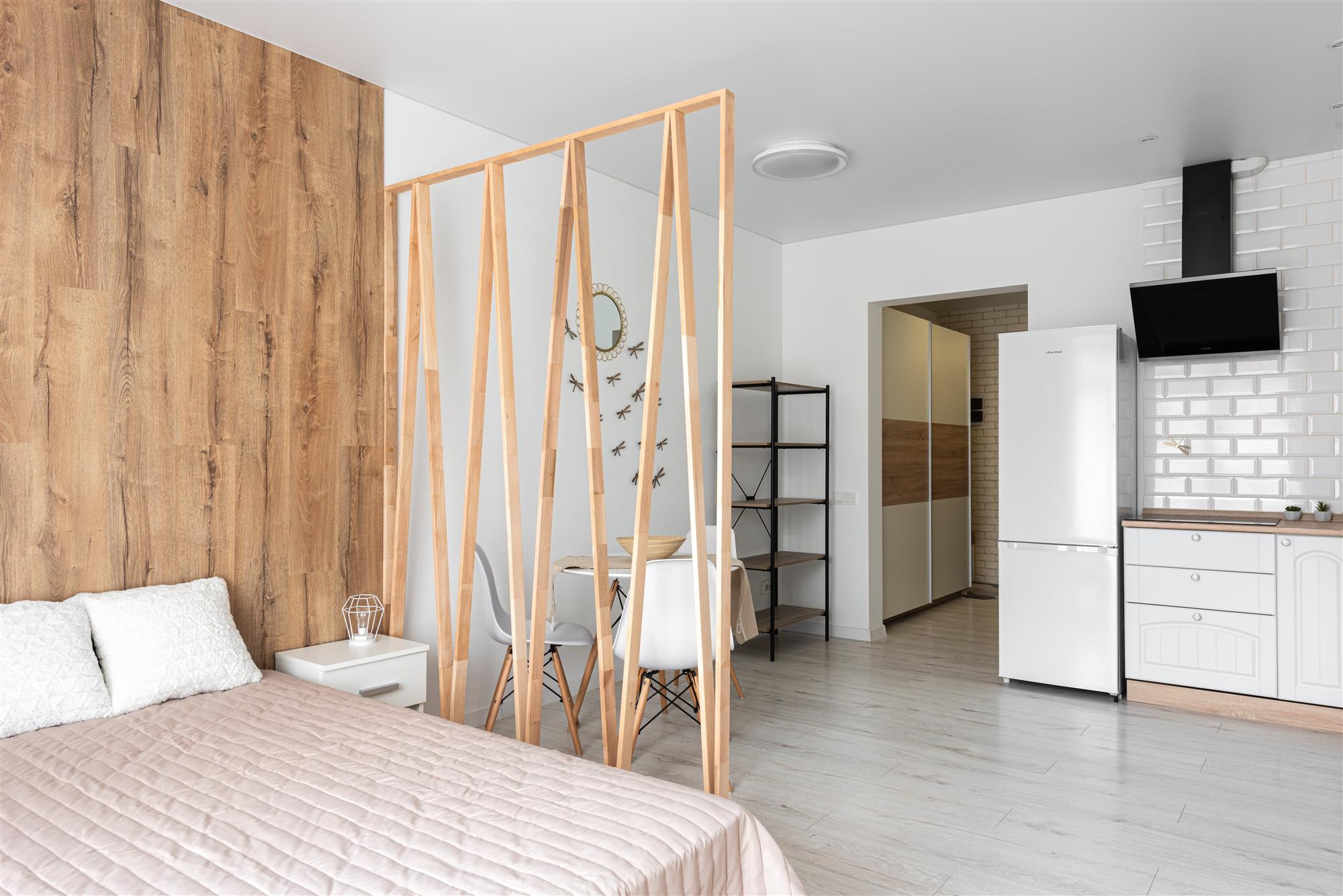 Extended-stay hotels are witnessing increasing popularity worldwide. As per industry reports, the global extended-stay hotels market was valued at approximately USD 50 billion in 2022 and is projected to reach USD 166.5 billion by 2033, growing at a compound annual growth rate (CAGR) of over 11% during this period. The extended-stay hotel concept is booming, particularly in the United States, where it targets travelers seeking a "home-away-from-home" experience during their extended stays. These guests typically stay for longer periods exceeding a few days or weeks, and hence, prefer to have additional amenities like a kitchenette, shared laundromat, and a bigger living space, which are usually not available in traditional hotel rooms. Therefore, these hotels essentially become the sweet spot combining the best of both worlds: the comfort of home with the conveniences of a hotel, offering travelers greater convenience at a more affordable price point, without the hassles of getting into residential lease agreements.
Extended-stay hotels are witnessing increasing popularity worldwide. As per industry reports, the global extended-stay hotels market was valued at approximately USD 50 billion in 2022 and is projected to reach USD 166.5 billion by 2033, growing at a compound annual growth rate (CAGR) of over 11% during this period. The extended-stay hotel concept is booming, particularly in the United States, where it targets travelers seeking a "home-away-from-home" experience during their extended stays. These guests typically stay for longer periods exceeding a few days or weeks, and hence, prefer to have additional amenities like a kitchenette, shared laundromat, and a bigger living space, which are usually not available in traditional hotel rooms. Therefore, these hotels essentially become the sweet spot combining the best of both worlds: the comfort of home with the conveniences of a hotel, offering travelers greater convenience at a more affordable price point, without the hassles of getting into residential lease agreements.Extended-stay properties have typically been preferred by business travelers on long-term assignments, expatriates, tourists on extended vacations, individuals relocating, or people undergoing medical treatment away from home. The pandemic and hybrid work arrangements have recently generated strong demand for longer hotel stays, increasing the popularity of cost-effective extended-stay hotels and making them one of the fastest-growing segments in hospitality globally. Reports indicate that the occupancy rate of extended-stay hotels is 10-14% higher than the overall hotel industry in the US, and this segment also witnessed lower revenue loss during the pandemic compared to traditional hotels. All major hotel operators, including Accor, Marriott, IHG, Hilton, Hyatt, and Wyndham, have diversified and established their presence in this segment, and have a strong development pipeline.
Despite the extended stay hotel concept having a presence in India, it remains a relatively niche offering. With the exception of a handful of brands such as Marriott Executive Apartments, Taj Wellington Mews, Ascott, and The Fern Habitat, the extended stay market in India is predominantly served by unorganized providers. The limited demand for extended stays, mainly driven by expatriates and corporate travelers on short to medium-term assignments, has shown slow growth, which has not incentivized local operators to introduce brands catering to this segment. Furthermore, international operators entering the Indian market have focused more on a one-size-fits-all approach, and largely not actively looked into customizing the product to suit the specific needs of Indian guests. For example, Indian guests prefer a fully functional kitchen and washing machines, as opposed to just a kitchenette and shared laundry facilities. Additionally, there is a shortage of offerings in the midscale and economy segments.
Having said that, with the economy poised to grow rapidly and due to the post-COVID changes in customer behaviour, there is increasing potential within this segment, waiting to be unleashed by customizing the product to cater to specific customer groups. For instance, India is becoming a favored medical tourism destination, presenting an opportunity for hotel chains to develop extended-stay properties near prominent hospitals and medical centers. Similarly, extended stay properties could partner with relocation service providers to target expat communities or be strategically located near educational institutions and campuses to cater to students and their families. Furthermore, with the rise in multi-generational family travel, extended-stay hotels can offer a cost-effective and comfortable home-away-from-home experience for this customer group. As travelers continue to seek flexibility, comfort, and convenience, extended-stay hotels have the potential to play a significant role in the future of travel and hospitality in India.
About Akash Datta
Akash Datta, HVS Senior Vice President - Consulting and Valuation, leads consulting engagements, encompassing market studies, feasibility studies, strategic planning, valuation, and forecasting. Akash has spent nearly 13 years in the hospitality industry having successfully worked with International Hotel and Consulting firms such as Hilton, JLL and HVS in South Asia and the Middle East. In 2005, Akash started his Consulting career with HVS as an analyst following which he undertook his MBA in International Hospitality Management with concentration in Real Estate Finance from IMHI ESSEC in Paris, France. Known for his industry insights, Akash works with leading companies, private clients, industry groups, and global networks. Contact Akash at +91 989 9517 404 or adatta@hvs.com.
About Dipti Mohan
Dipti Mohan, Associate Vice President - Research with HVS South Asia, is a seasoned knowledge professional with extensive experience in research-based content creation. She has authored several ‘point of view’ documents such as thought leadership reports, expert opinion articles, white papers, and research reports across industries including hospitality, real estate, infrastructure, cement, and construction. Contact Dipti at dmohan@hvs.com
About Dhwani Gupta
Dhwani Gupta, Associate - Research with HVS South Asia, studied literature for her undergraduate and believes that you can do anything with the right amount of research. After graduating, she pursued a course in Management and Liberal Arts which gave her a wider perspective of the world. As a result, the more difficult a topic is, the more fun she has writing it. Contact Dhwani at dgupta@hvs.com




0 Comments
Success
It will be displayed once approved by an administrator.
Thank you.
Error